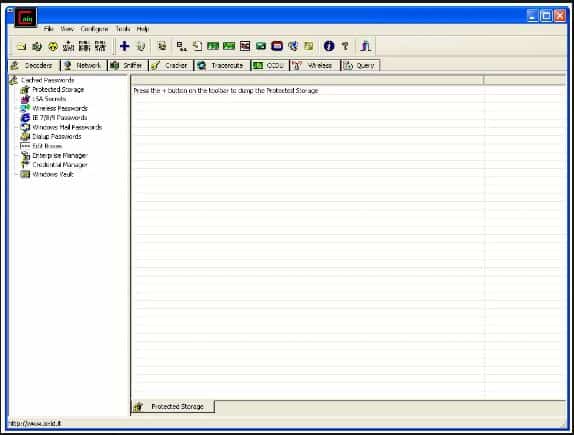

Built using Microsoft Visual Studio 2017 (VC++ 14.15, build 26730). Built using Microsoft Visual Studio 2017 (VC++ 14.16, build 27030).Ĭompare to the relevant information from my system: Running on 64-bit Windows 10 (1809), build 17763, with Intel(R) Xeon(R) CPU E3-1505M v5 2.80GHz (with SSE4.2), with 16225 MB of physical memory, with locale English_United States.1252, with light display mode, without HiDPI, with Npcap version 0.996, based on libpcap version 1.9.1-PRE-GIT, with GnuTLS 3.6.3, with Gcrypt 1.8.3, with brotli 1.0.2, with AirPcap 4.1.0 build 1622, binary plugins supported (19 loaded). Just my opinion though, based off of some documentation I've saw at a few companies (both from the employee, and from the employer).From your Wireshark Help -> About Wireshark information: Running on 64-bit Windows 7 Service Pack 1, build 7601, with Intel(R) Core(TM) i7-2620M CPU 2.70GHz (with SSE4.2), with 4006 MB of physical memory, with locale English_United States.1252, with WinPcap version 4.1.3 (packet.dll version 4.), based on libpcap version 1.0 branch 1_0_rel0b (20091008), with GnuTLS 3.6.3, with Gcrypt 1.8.3, without AirPcap, binary plugins supported (14 loaded).

But definitely not a certainty that something like that is definitely 'within his rights'. Also included other things like patents I hold, etc.

Some businesses I've worked for actually had me declare any IP up front, so as to cover myself. Which typically means they then belong to the business, certainly if they were laid out in writing by the employer during the on-boarding process that anything done on work equipment (such as network diagrams, etc) are the property of the business. Most places would sue for intellectual property being returned, because the configurations were likely not laid out in writing before his employment. Simply because it is a blanket statement that covers too much.

He is within his rights to withhold configuration details, setup details and the likes, but not the system passwords.


 0 kommentar(er)
0 kommentar(er)
